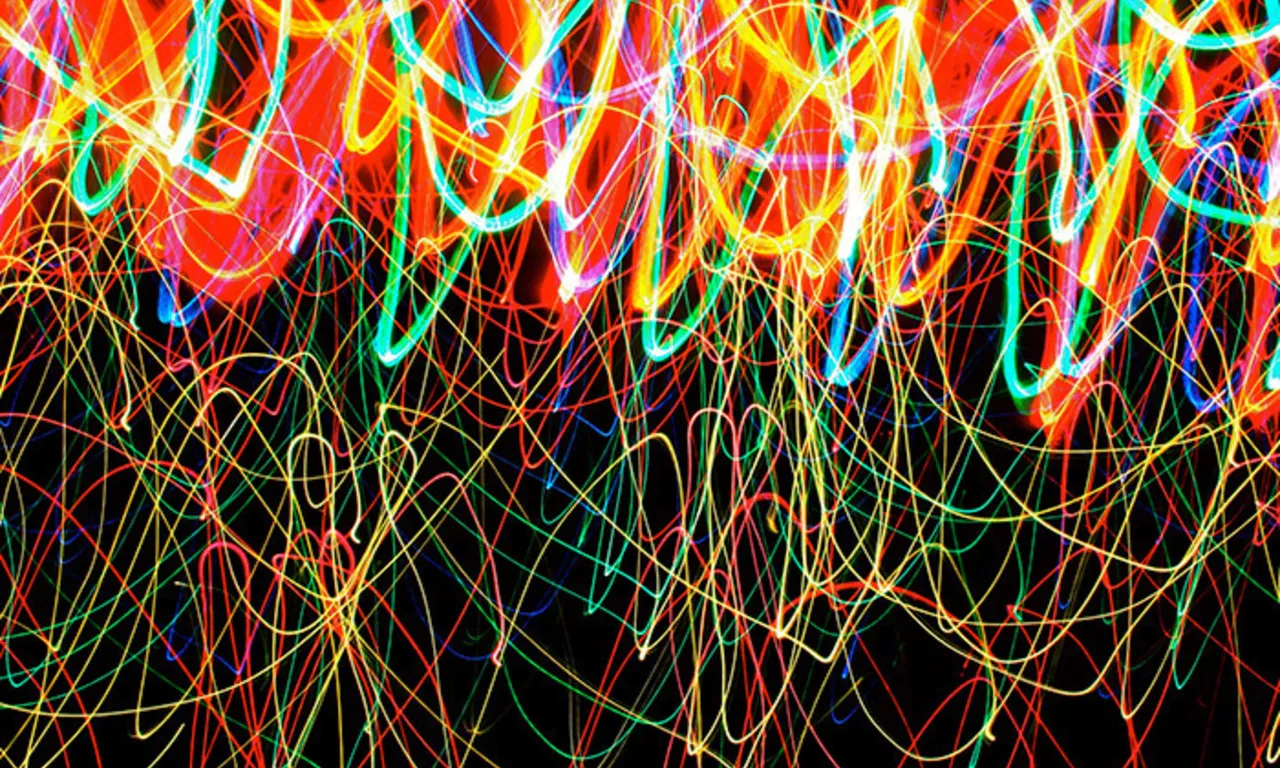
"People assume that time is a strict progression of cause to effect, but actually, from a non-linear, non-subjective viewpoint, it's more like a big ball of wibbly-wobbly, timey-wimey... stuff."
-- Dr. Who
""Temporal nonlocality further complicates this picture: how does one describe an entity whose constituent parts are not even coexistent?"
-- https://aeon.co/ideas/you-thought-quantum-mechanics-was-weird-check-out-entangled-time
Fair warning: if the Lorentz Contraction (i.e., the idea that the length of an object in motion relative of the observer is dependent on its velocity) isn't reasonably intuitive to you, this post won't make any sense at all and you should probably skip it. Even if the Lorentz Contraction and special relativity are within your comfort zone, much of this post will still be difficult to accept, because the universe is stranger than we can imagine.
If you're comfortable with special relativity but have never encountered the Ladder Paradox, go read the Wikipedia article a couple of times until you're willing to accept the seemingly impossible idea that "simultaneity" (or for that matter, an objective sequence of events) doesn't exist, then come back.
OK... is everyone back? Good.
I just stumbled across the most mind-bending, incredible essay. The idea of locality went out the window when we discovered quantum entanglement. Two entangled photons, separated even at remarkable distances, can somehow effect each other: measure the direction of spin on one photon of the pair (thereby causing it collapse to a particular value) causes the other photon to assume the other spin, apparently instantaneously, speed of light limitations be damned.
In the paragraph above, we have just described spacial entanglement, the interaction of two particles separated by space. Is there such a thing as temporal entanglement, wherein two particles can interact , even to the point where they can interact despite the fact that their lifetimes don't overlap?
There's a good chance that answer is "yes".
Could observing the spin-state of a photon in the present, today, affect the spin of a photon that existed a billion years in the past? The ladder paradox (as well as General Relativity) tell us that time is local. There is some evidence to suggest that photons can be entangled temporally as well as spatially.
There are obvious implications for causality here. We may have to eventually give up on the notion that cause necessarily precedes effect.
Read on :
https://aeon.co/ideas/you-thought-quantum-mechanics-was-weird-check-out-entangled-time
